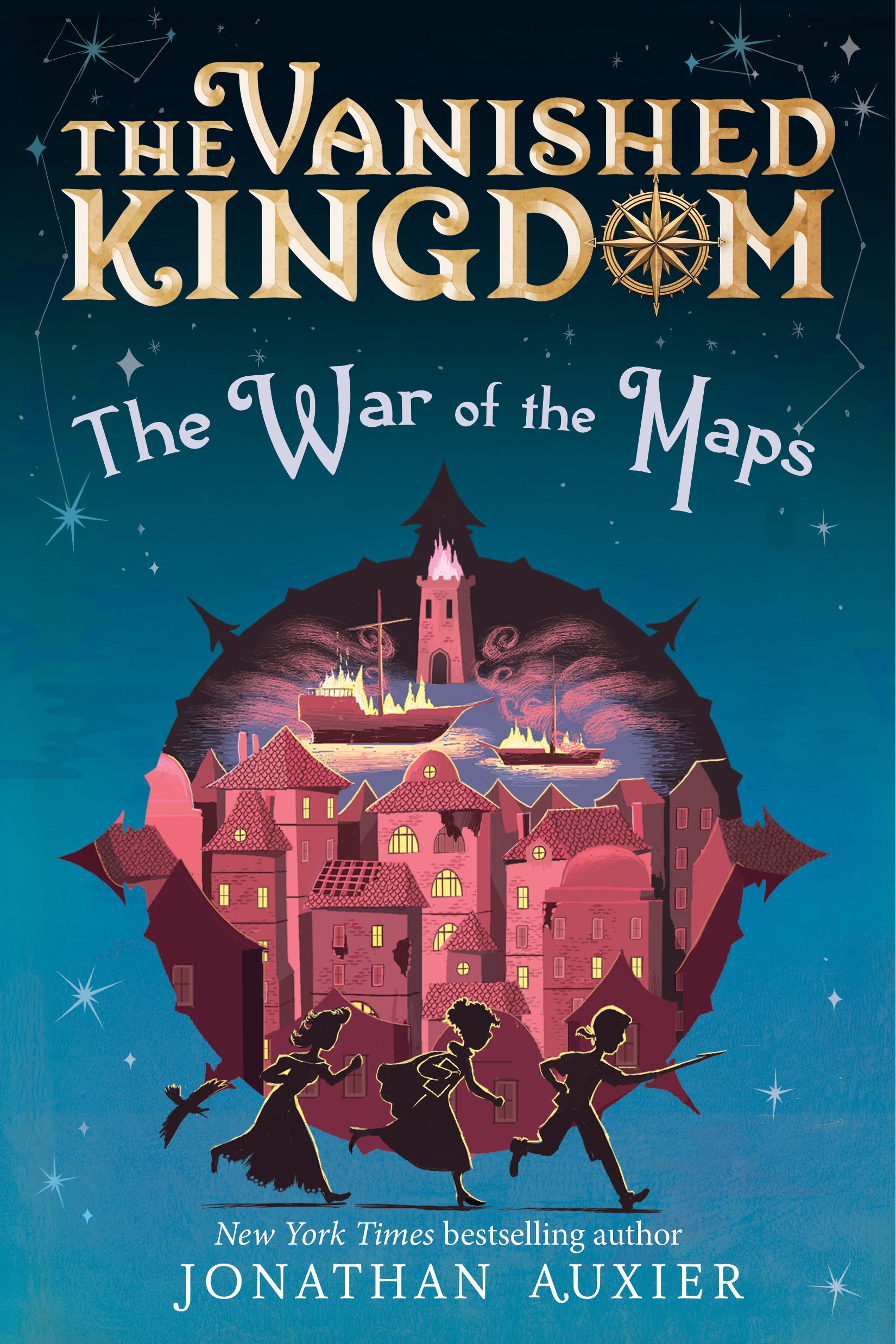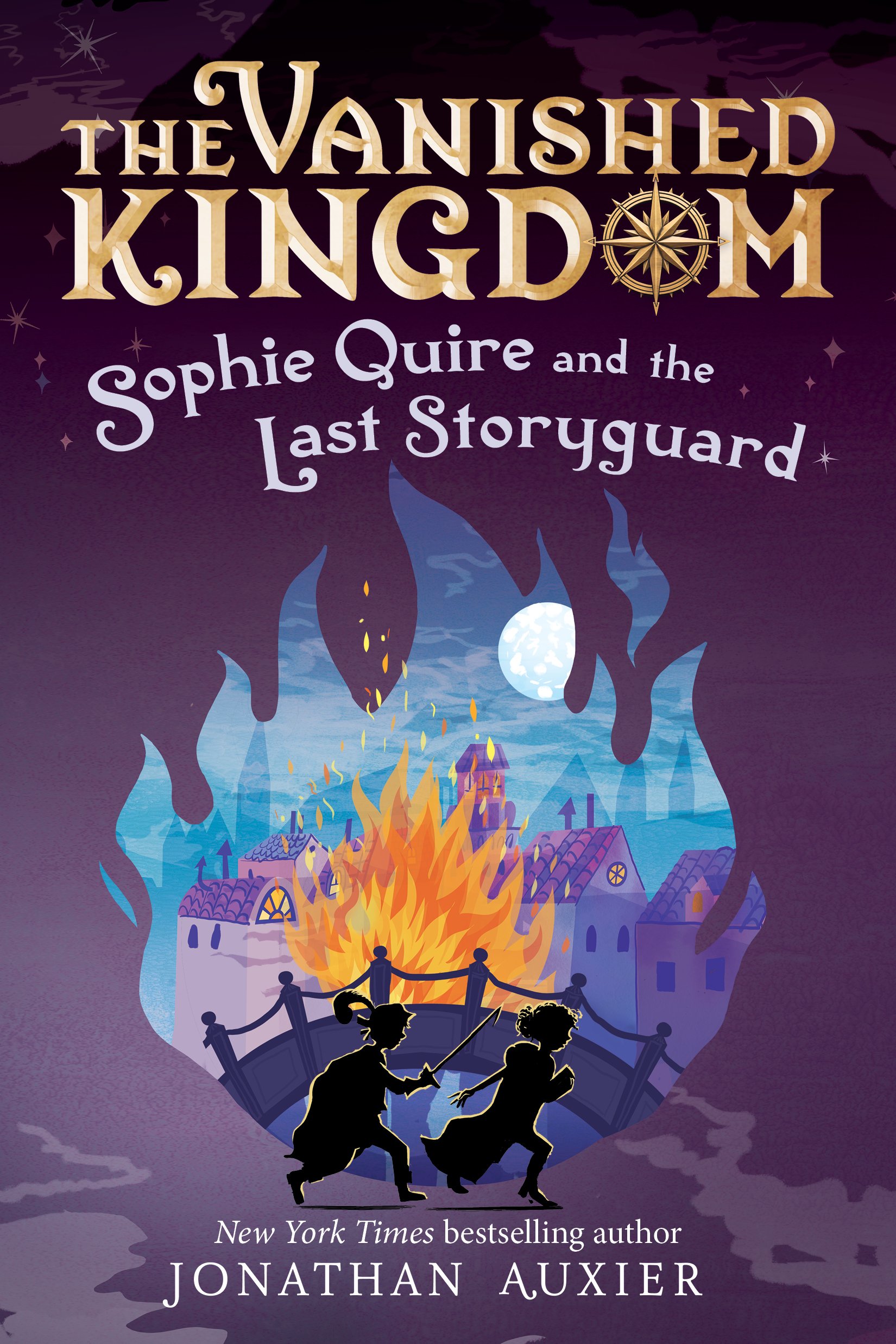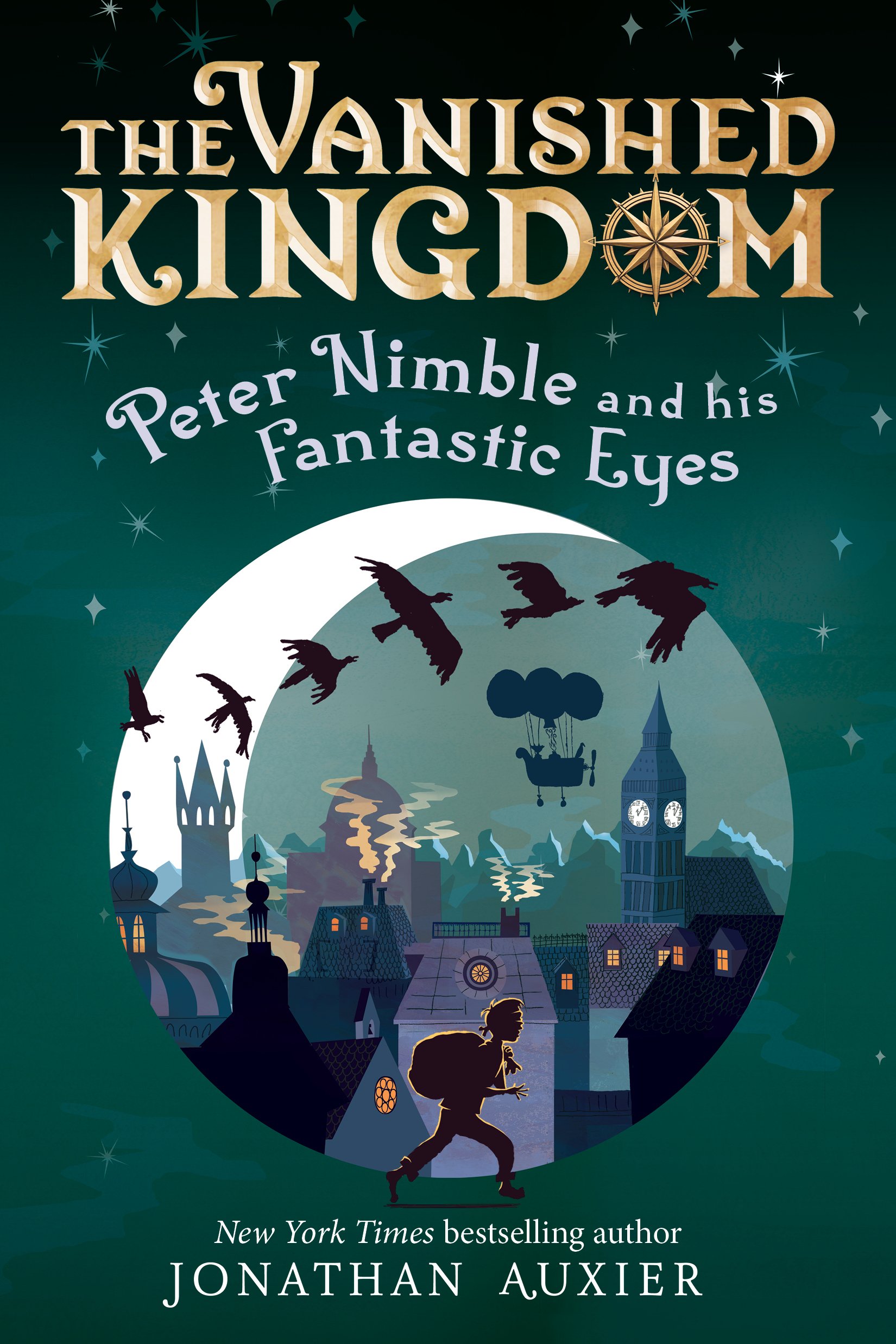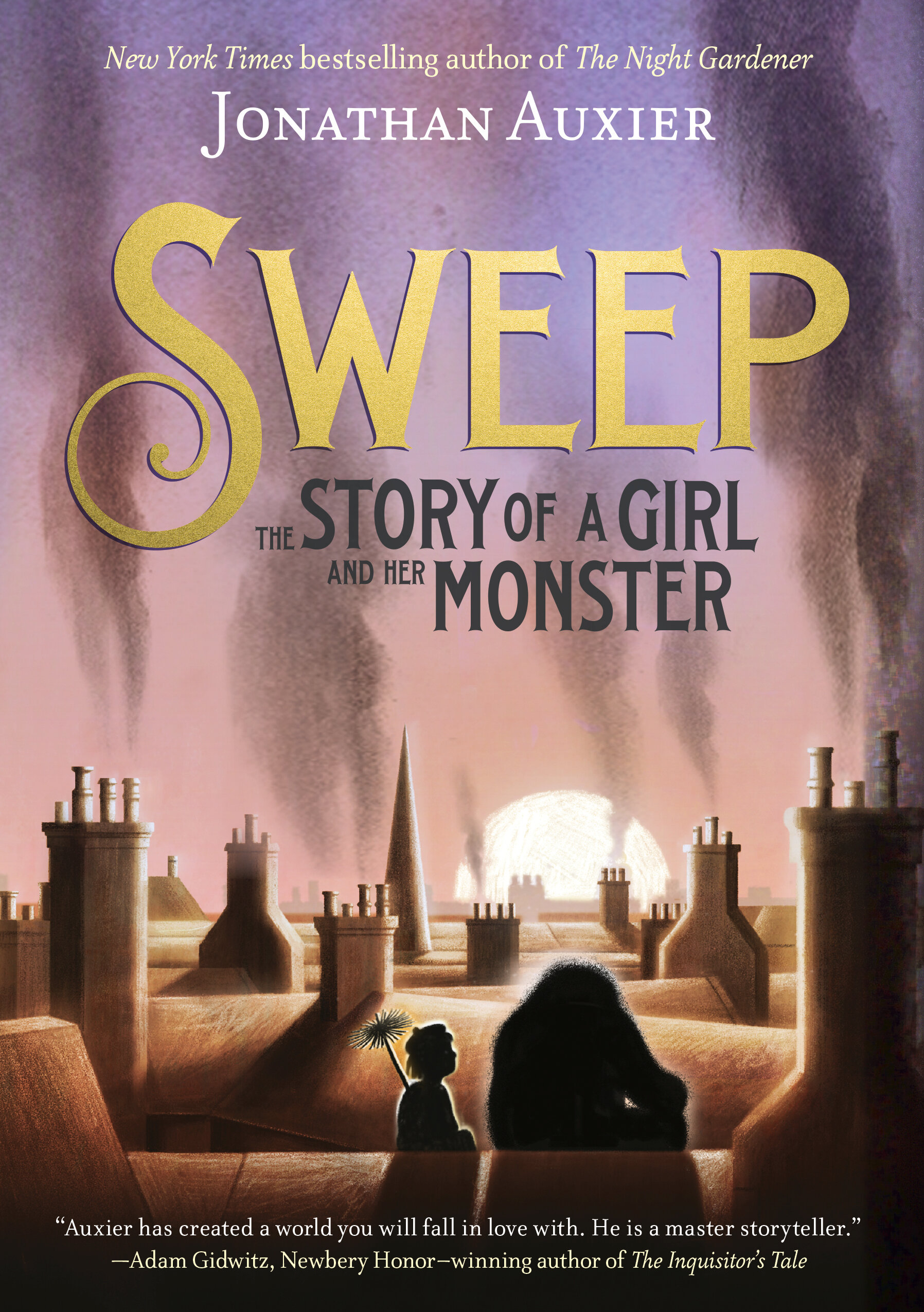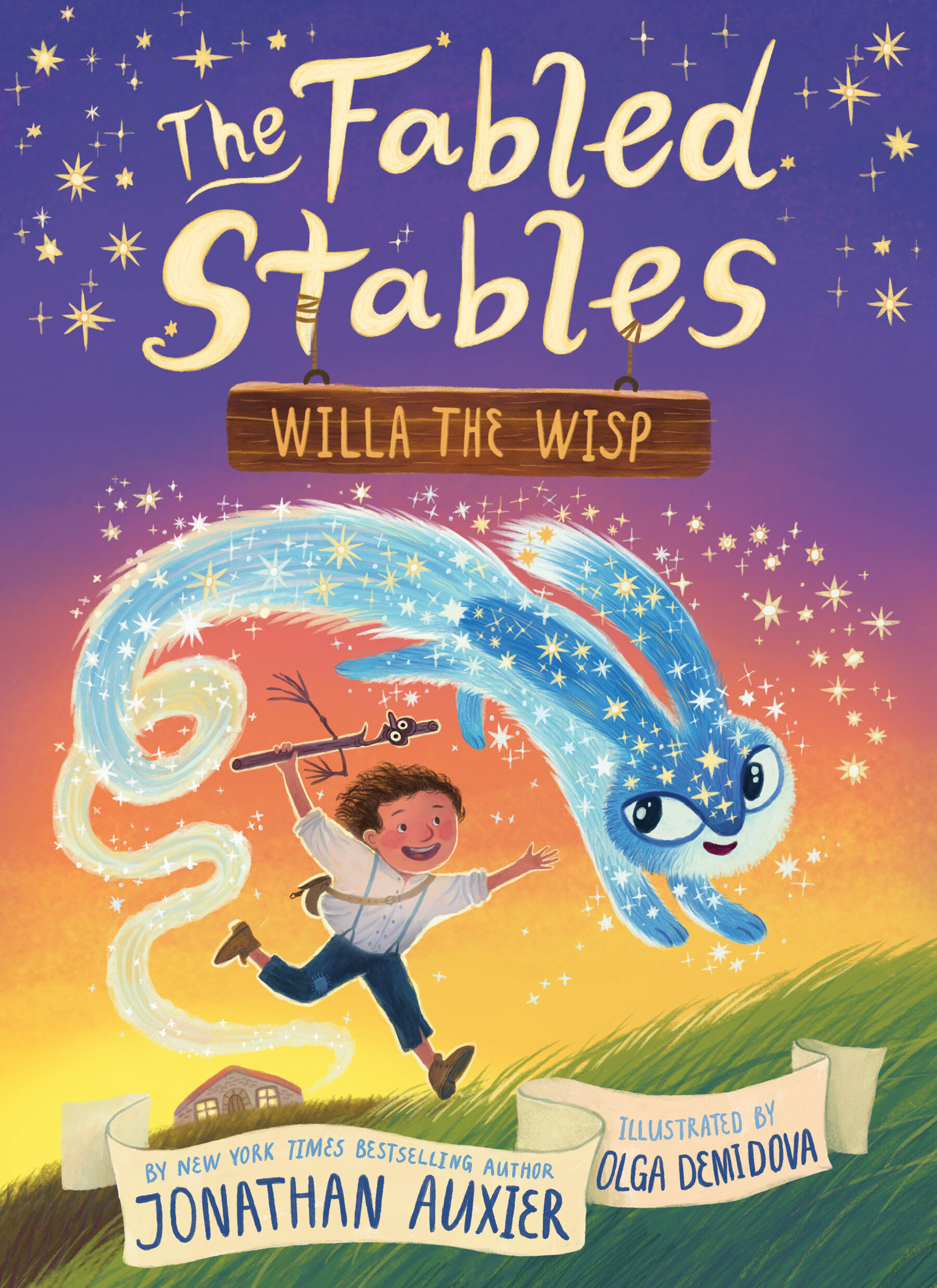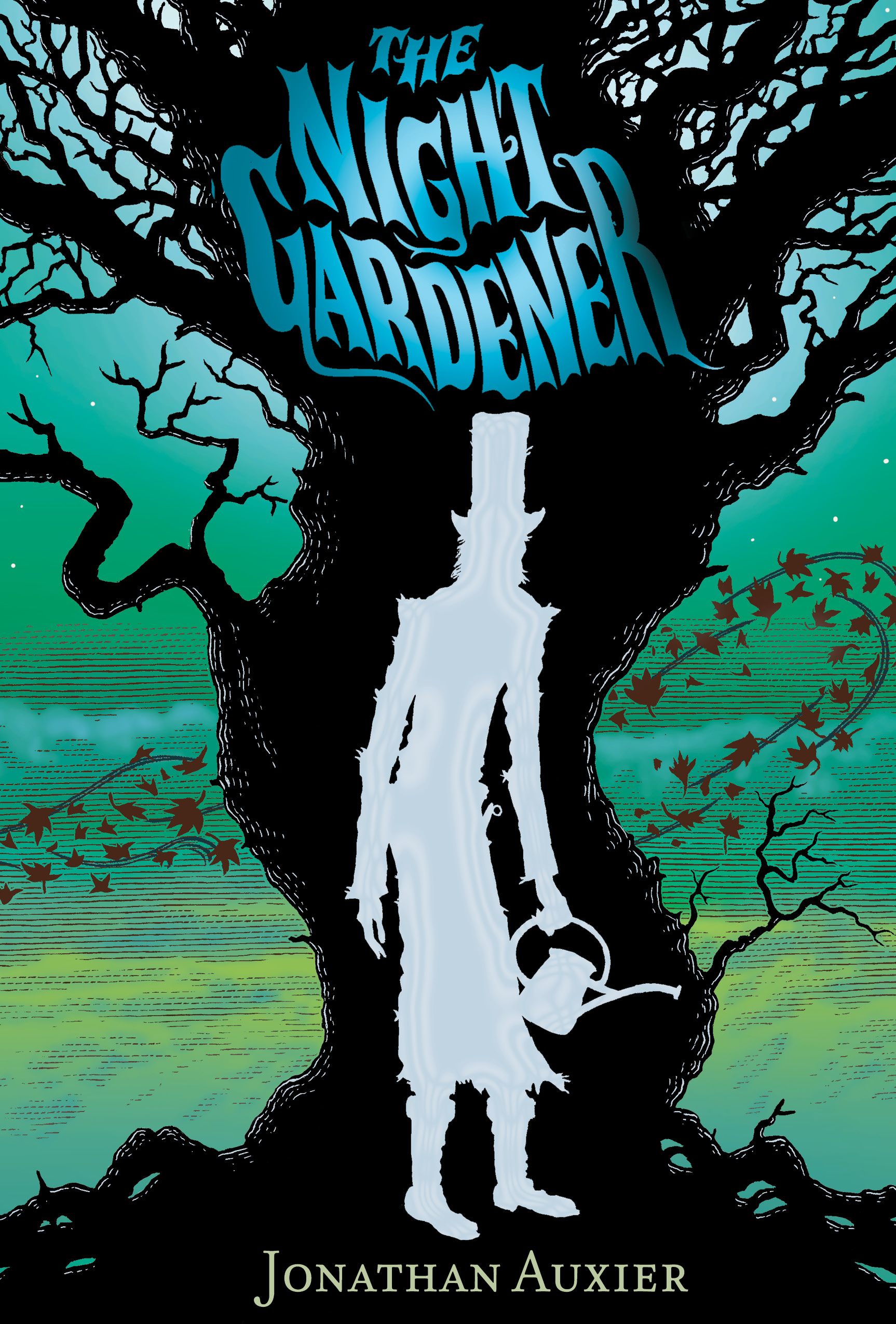THREE STEPS FOR ASPIRING AUTHORS
/I often get emails from people looking to break into children's publishing. I don't have all the answers, but I do have some general advice I find myself giving again and again. Below are three steps, in order of importance, that I think writers should focus on:
1) Write a Really Good Book
First time writers don't sell books based on partial drafts or outlines. They sell finished manuscripts. And there are a lot of finished manuscripts in the world. That means the first step is completing a book and revising it until it is airtight. Don't expect an agent or editor to look at a sloppy manuscript and see the potential--that same agent or manager has hundreds (not an exaggeration) of other manuscripts to consider, and they'll take the one that demonstrates the greatest professionalism and craft. Taking an example from my first book, Peter Nimble, I did about 15 complete re-writes before showing it to an agent ... and then did another 3 drafts before the book went to an editor. I have yet to talk to a professional author who didn't go through the same level of revision before finding a publisher.
2) Join SCBWI
The "Society of Children's Books Writers and Illustrators" (SCBWI) is a national organization with local chapters all over the country. This group is a fantastic place for both professional and aspiring writers and illustrators to gather and discuss craft and business of children's publishing. The annual conferences are often attended by agents and editors who are looking for new books. I have a number of author friends whose careers were launched when they met an editor at an SCBWI event who requested to see their really good manuscripts (see above point).
3) Query Agents
If a lot of industries, the "it's who you know" rule applies. Not so in publishing! Book agents read and consider manuscript submissions from unknown writers all the time--that's their job. Nearly every writer I've ever met was pulled out of the "slush pile" from an agent who discovered them. Your job is to query agents who will best understand your work and be in a position to sell it. This means doing a bit of homework, by reading the Writer's Market and finding agents who are looking for material like your book. The internet is awash with resources about how to approach agents. A good place to start might be Kidlit.com, a website run by children's book agent Mary Kole. She answers questions about the dos and don'ts of querying better than anyone!
The above steps aren't a guarantee of any success, but they are a good place to start! Also, I might as well link to this brief but eloquent video of Neil Gaiman talking about step one (which is really the only step that matters):



